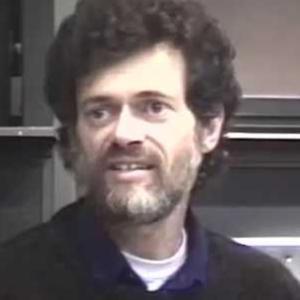Alan Watts continued - Man, Nature and the Nature of Man Part 2
Alan Watts was a British philosopher, writer, and speaker known for his interpretation of Eastern philosophy and religion for Western audiences. In his lectures and writings, he often explored the relationship between human beings, nature, and the universe.
In "Man, Nature, and the Nature of Man," Watts discusses the fundamental interconnectedness of all things in the universe. He argues that human beings are not separate from nature but are, in fact, an integral part of it. He suggests that we have lost touch with this essential truth, and this has led to many of the environmental and social problems we face today.
Watts believes that our modern, Western society has placed too much emphasis on individualism and the separation of humans from nature. He argues that this view has led us to exploit the natural world and ignore the consequences of our actions. He suggests that we need to re-establish a sense of connection with the natural world and recognize that we are part of a larger, interconnected system.
One of the key themes of Watts' philosophy is the idea of the "self" as an illusion. He argues that our sense of self, or ego, is a construct of the mind and that we are, in reality, part of a larger whole. He suggests that this realization can lead to a sense of liberation and freedom from the constraints of the ego.
Overall, Watts' ideas challenge us to reconsider our relationship with the natural world and our place in the universe. He encourages us to embrace a more holistic and interconnected view of the world, which may help us to address some of the environmental and social problems we face.



























